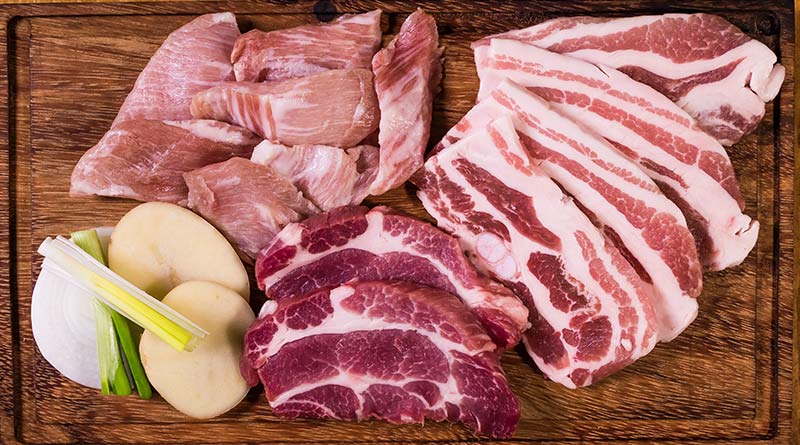Meat & Life Expectancy
Introduction
I came across this week’s paper because the authors had referenced one of my PhD papers and so I received a notification from Research Gate of this fact. The particular PhD paper referenced has been cited 231 times (Ref 1). A citation does not mean agreement with your paper and so a citation doesn’t automatically make one feel positive towards the paper citing it. However, I did enjoy this paper. It was novel and it made a refreshing change from the epidemiology association publication factory. It was also sent to me by several other people and so it became a ‘must’ for a Monday note.
The paper was called “Total Meat Intake is Associated with Life Expectancy: A Cross-Sectional Data Analysis of 175 Contemporary Populations” and it was written by You et al (Ref 2). The novelty was apparent from the first sentence of the abstract “The association between a plant-based diet (vegetarianism) and extended life span is increasingly criticised since it may be based on the lack of representative data and insufficient removal of confounders such as lifestyles.” This was not going to be the usual person-health relationship paper. The aim of this research was to examine the association between meat intake and life expectancy at a population level. This still establishes association, not causation, but it can (if done well) overcome (at least to an extent) the healthy person confounder.
We should note that barely a few weeks ago, we examined a paper claiming that cutting meat (and dairy) would increase life expectancy (Ref 3). The You et al paper concluded the opposite – that meat intake is positively associated with life expectancy – higher meat intake is associated with living longer. Let’s take a look.




